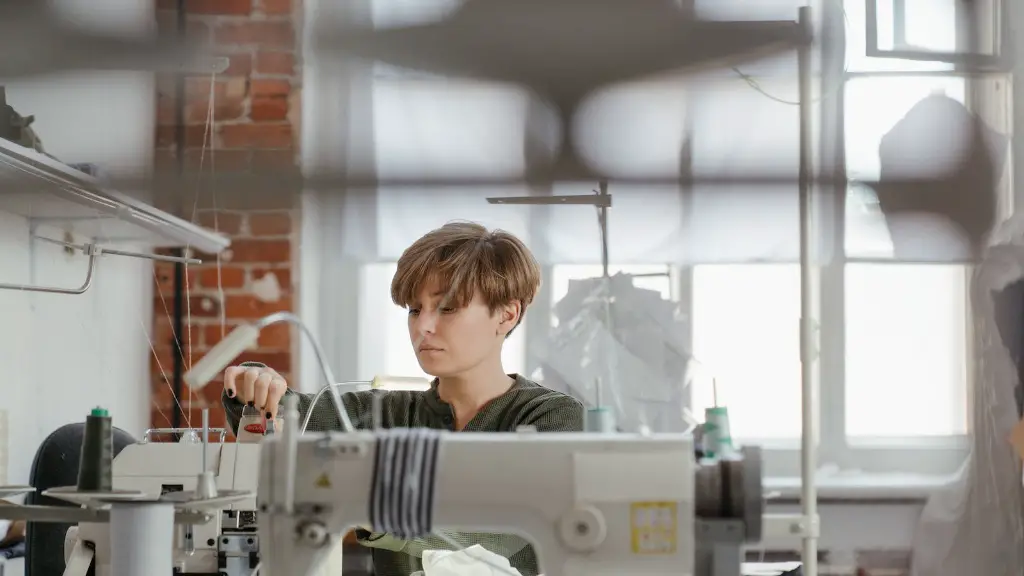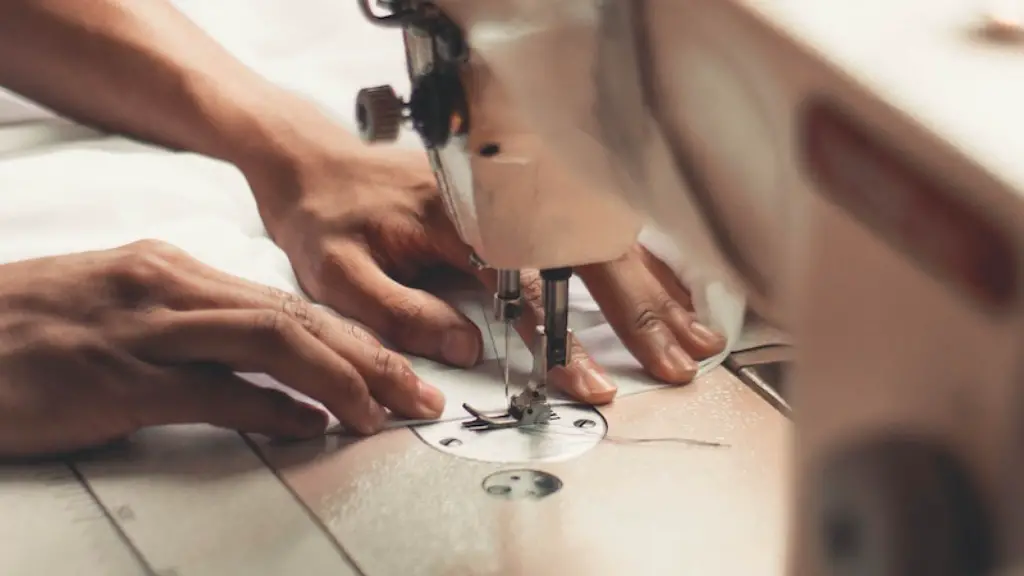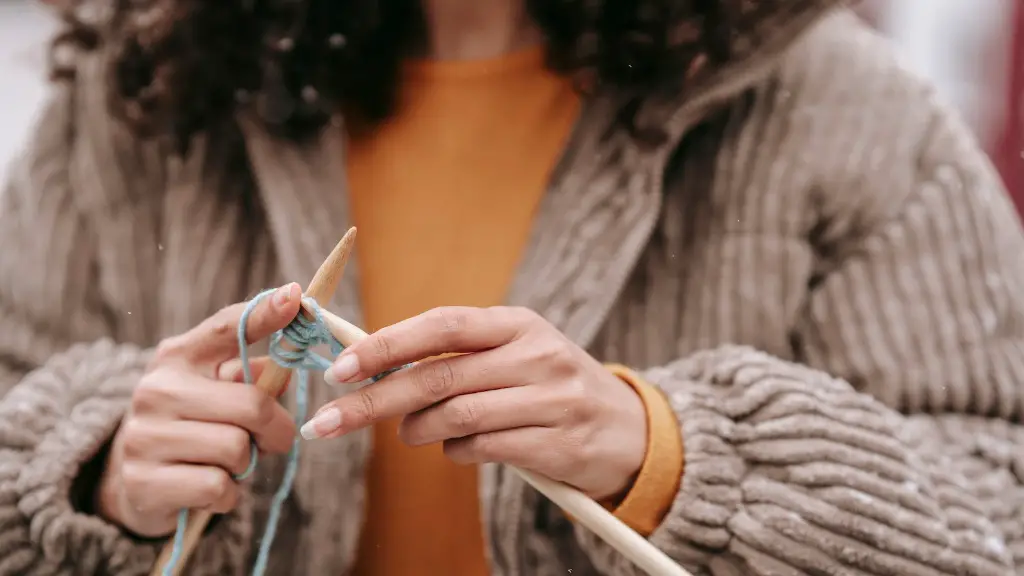Needle Type
Sewing machines need special needles in order to create a properly finished product. Special needles are important in helping to ensure that fabrics are stitched together effectively, allowing more control over the threads and fabrics used. The type of needle used depends on the type of fabric being sewn and the type of stitches being made. In general, sewing machines need needles that are sharp, strong and hard wearing.
Special needles are often made from metals such as high carbon steel and titanium, as these metals provide extra rigidity to the needle which makes the stitching stronger. It is also important to use the correct size of the needle; needles that are too large or too small can cause damage to the fabric or even break the sewing machine needle.
Needle Point
In addition to the type of material and size, the shape of the needle point is also important when selecting a needle for a sewing machine. Needles are available in four main types: a sharp point, a medium ball point, a stretch needle or a universal needle. Sharp points are generally used with woven fabrics and are designed to pierce through the fibres without damaging them; they also create a clean finish on straight or patterned stitches. Medium ball points are suitable for use on bulky fabrics such as terrycloth or sweater knits, as they are designed to separate the fibres without cutting them. Stretch needles are specifically designed for use on fabrics with synthetic fibres, as they have a special scarf at the back of the needle to help reduce any tension on the stitches; they also help to prevent skipped stitches. Universal needles are a general-purpose needle which is suitable for sewing with various types of fabric.
Type of Fabrics
The type of fabric being sewn is also an important factor when selecting needles for a sewing machine. Different fabrics require different needles in order to work effectively; for instance, thicker fabrics such as denim or canvas will need stronger, larger needles than a lighter-weight fabric, such as chiffon or silk. Sewing machines can also be adapted to work with thicker materials if the correct needle and tension is selected.
It is also important to note that some fabrics have specific needs when it comes to stitches – some, such as velvet and corduroy, require a special stitch due to their napped and/or looped structures. This means that the correct needle should be chosen in order to create the desired stitch.
Needle Care
As well as using the correct needle, it is important to ensure that it is kept in good condition; needles should be cleaned, lubricated and replaced regularly in order to ensure that the stitching remains consistent and of high quality. This is particularly important for needles that are used for delicate fabrics, such as silk and lace, as these materials can be easily damaged by blunt or rusty needles.
Needles for Decorative Stitches
In addition to the standard needles used for straight and zig-zag stitching, decorative needles are available for creating special stitches such as cross-stitch and buttonholing. These needles have special grooves in the shaft which allow them to create tighter, neater stitches. It is important to use the correct needle when creating these stitches, as the wrong type could lead to poor results.
Sewing Machine Needles Summary
Sewing machines require special needles to create the desired stitch and finish. The type and size of the needle, as well as the shape of the needle point, should be chosen based on the type of fabric being sewn and the type of stitch being created. The needle should also be kept in good condition, as a dull or rusty needle can cause damage to the fabric and poor stitching results. Finally, special needles are available for creating intricate or decorative stitches – the correct needle should be chosen in order to achieve the desired results.
Needles for Special Projects
There are certain types of projects which require the use of special needles, such as those used for making leather products. Leather needles are designed to penetrate the tough material without breaking, and also have a larger eye to accommodate thicker threads such as in tapestry work. Similarly, embroidery needles have a larger eye to allow for the use of thicker threads and thicker needle points to help guide the stitches through the fabric.
Needle Quality
In addition to the type of needle, it is important to consider the quality of the needle. High-quality needles are essential for achieving a professional finish with a sewing project; poor quality needles are more likely to break and cause damage to the fabric. It is also important to note that special needles can be expensive, so it is helpful to check reviews of a product before purchasing.
Needles for Ad Machines
For those of us who are more technologically minded, there are special sewing machine needles for use with computerised and digitised machines. These needles have a special tip which helps the machine read the fabric and guide the needle precisely to the correct spot. It is important to select the correct needle for these machines in order to ensure that they work correctly and safely.
Consulting Sewing Machine Manual
Lastly, it is important to consult the sewing machine’ manual before selecting a needle. Many sewing machines have specific instructions for which type and size of needle should be used; this will help ensure that the machine runs smoothly and securely and that the finished projects turn out perfectly.


